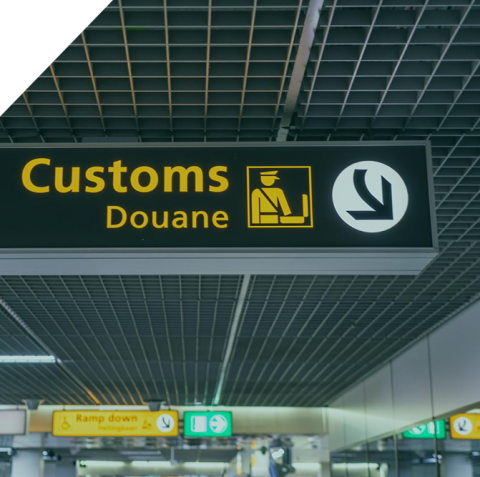Trade
While firmly rooted in Europe, the technology industries we represent are decidedly outward-looking – embedded in global value chains and heavily export-oriented. And with one-third of all the European Union's manufactured exports produced by our industries, this global perspective contributes to Europe’s overall competitiveness.
This means that EU trade policy has a decisive impact on the success of our companies, today more than ever with protectionism on the rise and the multilateral trading order under pressure and showing signs of strain.
Orgalim is therefore committed to flying the flag for open and rules-based trade between the EU and the rest of the world. We work with the EU institutions to improve access to international markets for the firms we represent, and to ensure that the policy framework enables them to be competitive on the global stage. We are convinced that strengthening the multilateral trading order is the only way to ensure that Europe’s technology companies can remain global leaders in the digital industrial era.
Scroll down for an overview of our advocacy work in this area - and click here to view all Orgalim position papers on trade.
Bilateral agreements
With the EU engaged in ongoing trade negotiations with countries and regions around the world, we promote the view that bilateral free trade and political agreements with Europe’s main trading partners will support the competitiveness of the technology industries by improving access to markets and boosting overall trade volumes. Our current focus is on monitoring EU-US trade relations and the implementation of the EU-UK Trade and Cooperation agreement while advocating for the rapid implementation of the EU-China Comprehensive Agreement on Investment and the EU-Mercosur trade agreement.

Multilateral agreements
We are convinced of the benefits of an effective framework at the multilateral level such as the World Trade Organisation (WTO). Multilateral trade agreements remain the most effective means of opening up markets worldwide. We support the European Commission’s efforts to advance trade liberalisation through multilateral forums such as the WTO.
Customs
For the companies we represent, an efficient, effective customs system is essential for their day-to-day operations. On the one hand, Europe’s technology industries rely to a great extent on imported materials and components to manufacture their products. On the other hand, customs policy has a significant impact on access to new markets – and our sectors need access to the world’s largest and most dynamic economies to develop their businesses. For these reasons, a central focus of our trade policy work is on removing all unnecessary barriers in the international customs system.

Safeguards
Trade defence instruments such as safeguards, anti-dumping and re-balancing measures should serve the purpose of countering the predatory behaviour of certain trade partners of the EU in specific situations and moments in time. We firmly believe that these instruments should be used for this purpose only, and so we are clear in voicing our opposition to any unnecessary restrictions to trade in products or raw materials which do not fall under this scope.


